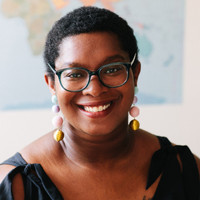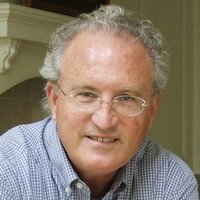Tessie Castillo, a journalist covering criminal justice reform, and George Wilkerson, a prisoner on death row in North Carolina, are two of the co-authors of Crimson Letters: Voices from Death Row.
“I want other people to see what I see, which is that the men on death row are human beings. They’re incredibly intelligent and insightful and they have so many redemptive qualities...I don’t think I could really convey that as well as if they get their own voice out there. So I wanted this book to be a platform for them and for their voices.” –Tessie Castillo
“For me, writing was like a form of conversation with myself or with my past, like therapy. So I just chose these periods in my life that I didn’t really understand and that were really powerful and impactful to me, and I just sat down and started writing to understand them and make peace with them.” –George Wilkerson
Thanks to Mailchimp for sponsoring this week's episode.












